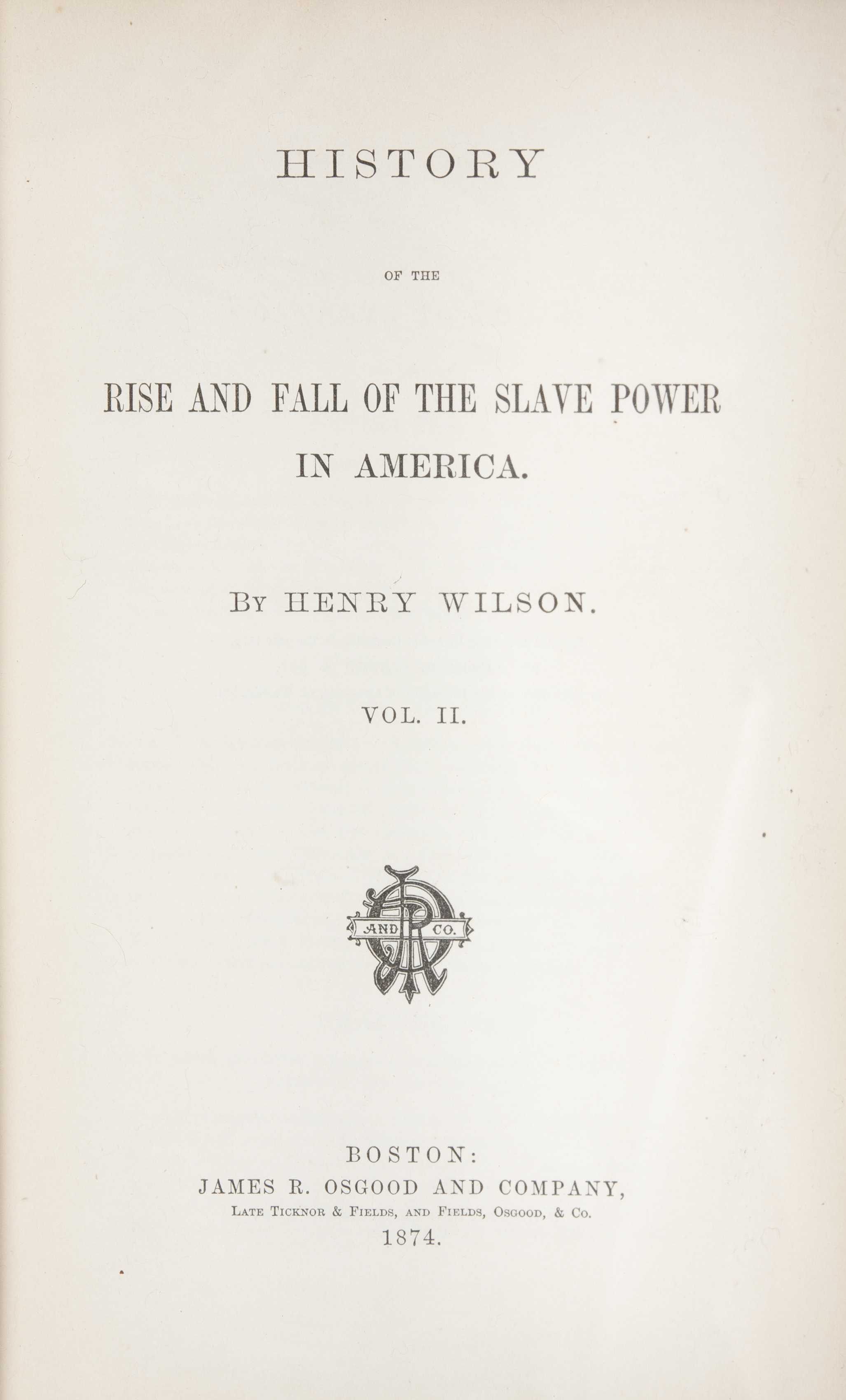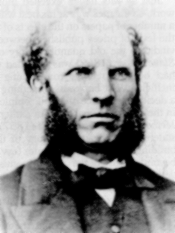

Absolute monarchy was an instance of the first, relatively unrestrained democracy was a form of the second, and social intolerance and dogmatism were potential instances of the third.

He warned of three institutional threats to such personal liberty, those being the tyranny of a minority, the tyranny of a majority, and the social pressures of custom and tradition for the individual to conform to community beliefs and modes of conduct and behavior. He made the case that each and every individual should have the latitude and liberty to live his life as he chooses, in any way that he considers desirable and advantageous, as long as it does not bring harm to another individual’s equal right to do the same. His most famous articulation of the liberal outlook on these matters is in his Essay on Liberty (1859). One of the voices for the liberal ideal of personal freedom and civil liberty in the 19 th century was the British economist and social philosopher, John Stuart Mill (1806-1873).

John Stuart Mill on Liberty and Equal Rights It can easily happen that under the avalanche of accusations against market liberalism, it may be forgotten how many 19 th century liberal friends of freedom in Europe and the United States spoke out against the oppression of not only people in general, but against particular groups whose liberty was denied through such institutions as slavery.

One of the most heated and controversial issues today concerns the place of slavery in the history of the United States, and attitudes toward the institution of human bondage in the Western world in general.Īnother theme in modern political debate is the nature and role of classical liberalism as a force for human freedom and dignity or as a rationalization for capitalist oppression of not just wage-earning workers, but racial and ethnic groups in modern history.


 0 kommentar(er)
0 kommentar(er)
